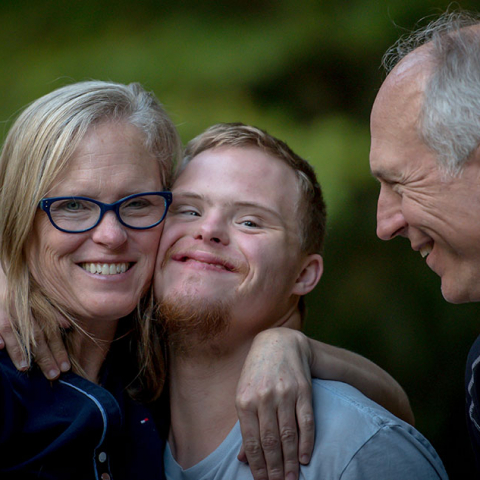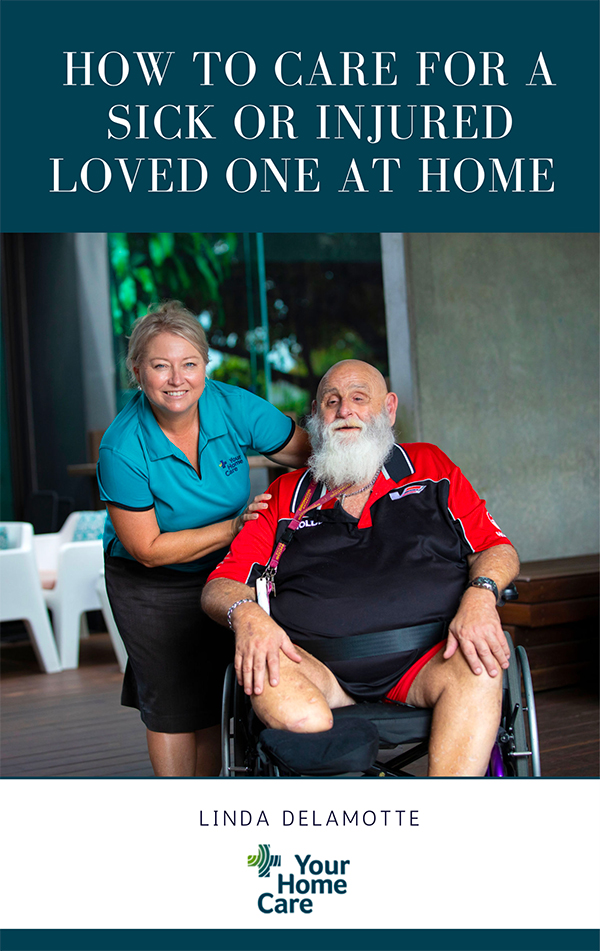Aged Care is a hot topic full of contention at the moment and understandably so. The images we have recently seen of elderly abuse is both confronting and abhorrent.
To be trusted with the care of anyone is a privilege and showing lack of empathy and care is a blatant disregard for the position a carer holds.
It is little wonder that many of us worry about the prospect of what we do with our ageing parents should the time come that they require full time care. The enquiry into nursing homes is long overdue and needs to ensure there are measures in place to minimise if not eliminate the abuse of some of the most vulnerable in our society.
I understand that carers can become tired and frustrated and have things going on in their own lives that can push them over the edge – but that is no excuse – there must be zero tolerance on this behaviour – because to accept excuses starts you on a slippery slope when a one-off incident can quickly escalate into regular and systematic abuse if the abuser is not caught and dealt with quickly.
For the most part, I do not believe that all nursing homes or care facilities are terrible places. Many of them do outstanding work with caring, compassionate staff who love their jobs. And it is often the best place for an elderly patient with high dependency needs, especially when the time comes that they can no longer be cared for in their own home.
The problem with any kind of abuse wherever it occurs – is usually done behind closed doors and away from prying eyes and on people who cannot complain or who may be suffering dementia or a brain injury, so getting to the truth, even if they do report it, may be challenging.
However, that doesn’t mean a complaint should not be investigated or brushed aside – protecting those who have no voice is what we expect of anyone in a position of trust.
It surprises me that many people fail to realise there are options available prior to the point being reached at which a decision is made to enter a loved one into a nursing home. ‘In home’ care services can bridge the gap and provide some respite to family members who wish to keep a parent at home for as long as it is possible.
‘In-home’ care services can provide a wide variety of services from simple food preparation to accompanying the person to do their shopping or taking them to doctors appointments. The support can be as little or as much as is required and provides reassurance to family members that a person is happy in their own home and being checked on when they cannot be there.
This doesn’t mean that abuse cannot happen with ‘in-home’ care providers, and as employers, we have a duty of care to our clients to ensure all staff are thoroughly checked, trained and overseen or a regular basis to minimise the risk of any behaviour that is not acceptable.
Caring for the elderly and the disabled is much more than a job. For those who are passionate about making a positive difference in the lives of others, it is often a life calling. We need to ensure we train, educate and remunerate the amazing staff who take on this role day after day caring for those who could easily be our own parents and weed out those who would do harm.




